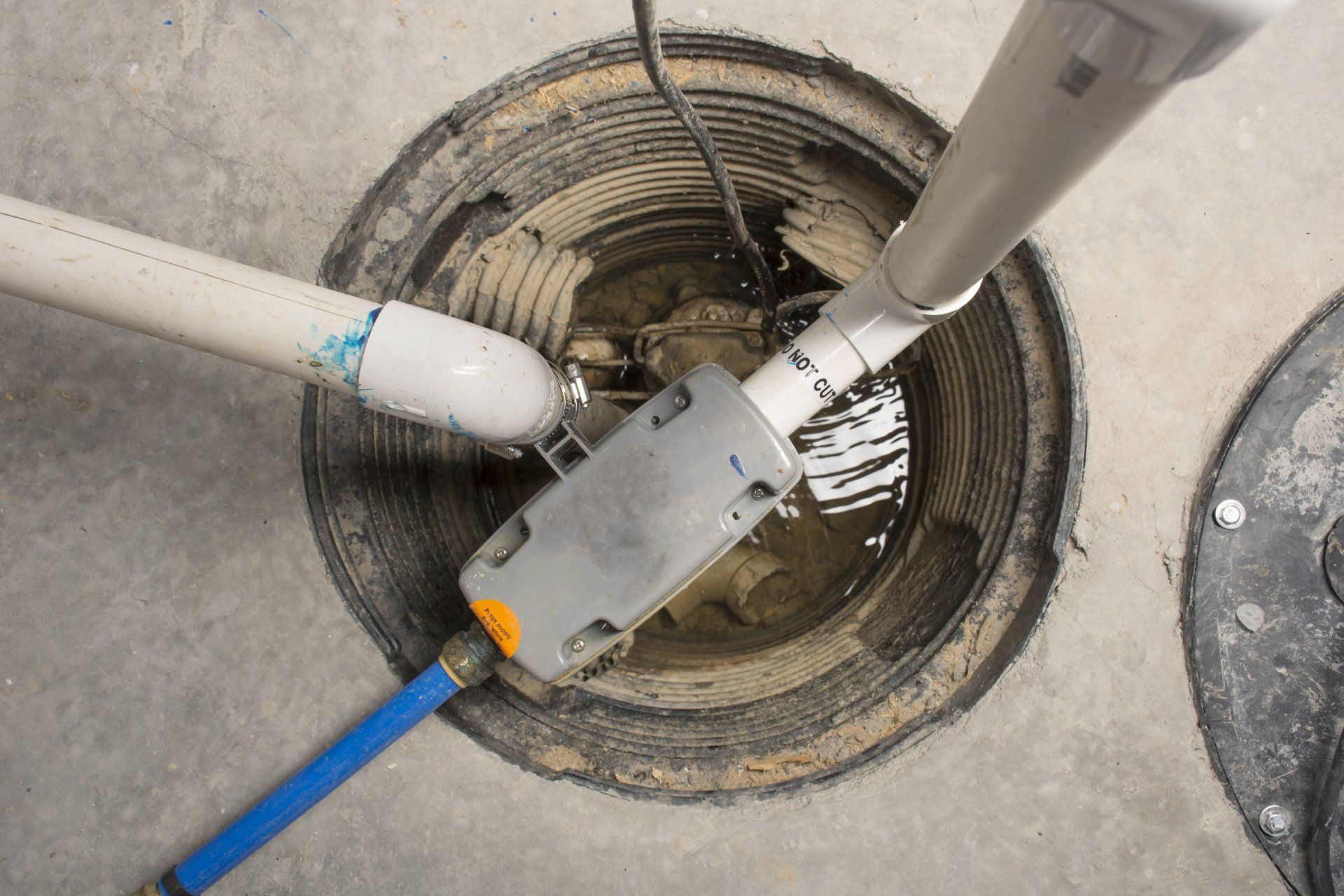The Best Foundation Repair Options for Seniors on a Fixed Income
Don't Let Foundation Repairs Scare You.

For seniors living on a fixed income, foundation repairs might seem like a financial burden. Or we've heard of companies preying on senior citizens and "detecting" more issues that are truly there. Thankfully, there are reputable and trusting foundation repair companies out there that won't oversell to anyone, let alone seniors, and can offer effective repair options within a budget without sacrificing quality.
Whether it’s uneven floors, cracked concrete, or stuck windows, addressing these problems early can save money and keep the home safe.
Here in this blog, we’ll go through some of the best foundation repair options for seniors on a fixed income and ways to protect your investment.
Best and Affordable Foundation Repair Methods for Seniors
1. Polyurethane Foam Injection
Polyurethane foam injection is a popular and affordable option for fixing foundation issues. This method involves injecting expanding foam under the foundation to fill voids and lift the concrete back to its original level.
It’s quick, minimally invasive, and more affordable than traditional repair methods. This method is ideal for small—to medium-sized foundation issues and works well for seniors on a budget.
2. Mudjacking
Mudjacking, also known as slabjacking, is another budget-friendly method for lifting uneven concrete slabs. It's a mixture of cement, sand, and water which is pumped beneath the foundation to raise it back into place.
Mudjacking is great for fixing uneven floors, driveways, or sidewalks. It offers a long-lasting solution without the high costs of full foundation replacement.
3. Carbon Fiber Straps
Carbon fiber straps offer an affordable and effective solution for homes with foundation wall cracks. These straps are installed along cracks to reinforce the walls and prevent further movement.
They are strong, durable, and require less labor, making them a great budget-friendly choice for seniors dealing with small cracks.
4. Epoxy Injection
Epoxy injection is another affordable method of repairing small foundation cracks. It involves injecting an adhesive epoxy into the cracks to bond the concrete.
It’s quick, cost-effective, and also prevents water from seeping into the home. This makes it a great option for seniors who want a low-cost, reliable solution.
5. Helical Piers
Helical piers are an effective option when a foundation has more serious settling issues. These galvanized steel rods are drilled deep into stable soil or bedrock to provide permanent support, lifting the home and leveling the floors.
It’s a bit more expensive than foam or mudjacking, but for serious foundation issues, it offers long-lasting stability. This can help seniors avoid more costly repairs down the road.
Common Foundation Issues for Seniors and How to Solve Them
As homes age, foundation problems become more common. Here are some typical foundation issues that seniors may face, along with practical solutions to fix them:
Mold from Crawl Spaces
Crawl spaces are often prone to moisture buildup, leading to mold growth. Mold is a significant health risk for seniors, especially those with respiratory issues. Crawl space encapsulation can help control moisture, prevent mold, and improve the home's overall air quality. Professional mold remediation may be necessary for severe cases, ensuring the home remains healthy.
Cracked Concrete for Safety
Cracks in concrete on walkways, driveways, or basement floors can be a serious hazard for seniors, as they increase the risk of trips and falls. Small cracks can be repaired with epoxy injection, while larger ones may need carbon fiber straps or polyurethane foam for leveling. Fixing these cracks early helps prevent injuries and keeps the home safe.
Fix Uneven Floors
Uneven floors are a common sign of foundation settlement, which can be a safety hazard for seniors. Differential settlement, where parts of the foundation sink at different rates, is often caused by shifting soil beneath the home. Seniors are more prone to trips and falls, so fixing uneven floors with methods like mudjacking or helical piers can help create a safer living environment.
Stuck Doors and Windows
If doors and windows are sticking or becoming hard to open, it’s often a sign of foundation movement. This can happen due to differential settlement, where the soil beneath the home shifts unevenly. Helical piers or mudjacking can stabilize the foundation and prevent further movement, allowing the doors and windows to function smoothly again. This is a simple fix that can make a big difference in daily comfort for seniors.
Making Homes Safer and More Accessible for Seniors
Foundation issues can make the home less safe and comfortable. Here are two important options to consider:
1. Crawl Space Encapsulation for Comfort
Encapsulating the crawl space can make the home more comfortable and energy efficient. Sealing the space and controlling moisture helps prevent mold and makes it easier to heat and cool the house. This is especially helpful for seniors, who may be more sensitive to temperature changes. It can also lower energy bills.
Waterproofing Basements to Prevent Damage
Basements are often used for storage or living spaces, but they are prone to water damage, especially during heavy rains. Waterproofing with systems like sump pumps and drainage systems can prevent flooding, mold, and structural damage. By waterproofing the basement, seniors can protect their belongings and avoid the risks of mold exposure and water damage.
Taking preventive measures like these ensures your home remains safe, comfortable, and free from costly repairs down the line.
Contact the Foundation Experts
If you're unsure which repair option is best for you, the Kansas City area experts at PierMagic can help. Contact us today for a free consultation and let us help you find the right solution to protect your home’s foundation.
Contact Us
We will get back to you as soon as possible.
Please try again later.
Address
PierMagic Foundation Specialists
932 Locust Hill Circle
Belton, MO 64012
Serving: Grandview, Lee's Summit, Blue Springs, Leawood, Overland Park, Olathe, Raymore, Belton, Independence, Oak Grove, Liberty, Parkville, Butler, Columbia, Harrisonville, Peculiar, Pleasant Hill, and the greater Kansas City area
All Rights Reserved | PierMagic Foundation Specialists




